|
The World Health Organization (WHO) has identified Antimicrobial Resistance (AMR) as a global health issue.
🚨‼️ According to the WHO AMR is defined as “Antimicrobial resistance happens when microorganisms (such as bacteria, fungi, viruses, and parasites) change when they are exposed to antimicrobial drugs (such as antibiotics, antifungals, antivirals, antimalarials, and anthelmintics). Microorganisms that develop antimicrobial resistance are sometimes referred to as “superbugs”. (WHO, “Antimicrobial resistance factsheet” 2016) Join the global effort to reduce antimicrobial resistance so that antibiotics can continue to save lives. #wnfamr #naturopathic #beinformed #naturopathicmedicine#immunesupport #antibioticresistance #antimicrobialresistance#superbug #healthcare #who
0 Comments
“If you have heard anything in the media recently about naturopathic medicine, the odds are it hasn’t been positive.
There have been stories about allegedly anti-vaccination naturopaths and, before that, a naturopath in Victoria who treated a child for aggressive behaviour with lyssinum — a homeopathic product made from rabid dog saliva. But naturopaths are not anti-vaccination, nor do we accept bizarre remedies that lack science-based evidence. In the Victoria case, the B.C. Naturopathic Association filed a complaint against that naturopath — who was not a member of our organization — with our regulator, the College of Naturopathic Physicians of B.C. It resulted in her leaving the profession. If that case is all you know about naturopathic medicine, it’s unfortunate, because naturopaths have been recognized and regulated in B.C. since 1923 under the Medical Act. Naturopathic medicine takes a different approach than conventional medicine, focusing more on the cause and prevention of disease than simply prescribing medicine, though that can be essential. The approach is welcome. Two-thirds of British Columbians believe that “naturopathic doctors (NDs) provide an important complementary service to conventional medicine,” according to a 2018 Insights West poll. A third of B.C. families have consulted an ND.” .... Read more here: https://theprovince.com/…/dr-janine-fraser-theres-more-to-n… It's the everyday choices that matter, not the one-off diets. But you know this already. This is just a reminder.
"At a time when 800 million people around the globe don't get enough to eat, and 1.9 billion people weigh too much, it's important to remember that hunger and obesity are both forms of malnutrition. And the costs are staggering. Consider a recent report from the Center for Strategic and International Studies, which notes: "Worldwide, malnutrition costs $3.5 trillion annually, with overweight- and obesity-related noncommunicable diseases, such as cardiovascular disease and type 2 diabetes, adding $2 trillion." Globally, these findings may serve as a reminder that when it comes to ending hunger and improving health, people don't just need food. They need nourishment." Www.npr.org/sections/thesalt/2019/04/03/709507504/ Looking for a guideline for healthy eating? I recommend the Mediterranean Diet. #nutrition #naturopathicmedicine #healthcare #savingmoney#dailygrind #food #fastfood #junkfood #healthtips #diet #lifestyle I know people are naturally spring cleaning their houses right now because I’ve seen all the garage sales and clutter leaving homes. But when was the last time you spring cleaned your body? Have you ever? It’s an excellent time of year to reboot. And while it may be a challenge it is worth it every time! Got 2 weeks? Come in to see your ND who can help guide you through a spring cleanse.
#springcleaning #springcleanse #detox #feelyourbest #declutter#naturopathicmedicine #challengeyourself Where would we be without the millions of bacteria that live on and in our bodies?! Researchers are realizing more and more how important these little bugs are to our health. From our bowels to our skin to our urinary tracts to our teeth, these little guys are so essential! And it’s when they disappear and other bugs take over that we get issues.
Have you considered the health of your mouth before? Do you have bad breath? Thrush? Cavities? Our mouths are one of our first defences against outside invaders and it’s important to keep this defence as strong as possible. One of the ways we can do that is with probiotics. Have you ever played red rover? A group of people hold hands tight and then one person tries to break through the wall. It’s sort of like that. If you’ve got a strong wall with no broken links you are better protected from the bad guys. I love that there are easy ways like this to strengthen our microflora. For our skin there are probiotic sprays and creams, for our gut there are plenty of ways to take probiotics, for our urinary tracts there are suppositories and for our mouths there is gum! “The germ 🦠 is nothing, the terrain is everything.” In other words, if you grow up a thick and rich forest full of healthy microflora, there is no forest floor room for invading plant species. Take care of your fortress and it will take care of you! 😉 #probiotics #immunesystem #healthtips #oralhygiene #oralhealthcare#badbreath #halitosis #cavities #thrush #naturopathicmedicine Did you know that during these Canadian winters, fewer UVB photons from the sun reach our skin because of our latitude? Our skin absorbs UVB light which converts pre-vitamin D into Vitamin D3 which then gets metabolized by the liver and kidneys into a form that the body finds very useful. But fewer light rays in the winter in combination with wearing more clothes, more cloud cover and more time indoors means that we’re not getting enough of this essential vitamin! Far too many Canadian’s are Vitamin D deficient. We need it not only to keep our bones and teeth strong but research has actually found the vitamin D receptor in nearly every body tissue as well as thousands of binding sites on our genome -meaning it controls many of our genetic expressions as well! Even more, this one vitamin has been linked to many health concerns, from the flu to MS, depression, schizophrenia, cardiovascular disease, and even cancer.
So if flying to Hawaii isn’t in the budget, where else can we get it from? A few excellent options include salmon, sardines, eggs, mushrooms, and cod liver oil. If these foods aren’t in your diet, talk to your doctor or naturopathic doctor about checking your Vitamin D levels and consider supplementation as an option. Mind if I go on a little rant? There is a lot of information out there about what to eat or what not to eat and it can get quite complicated and confusing, right?! If you look for it you can find a reason not to eat almost any food. And some of those reasons might be valid and helpful for some people; and each to his own. But what I dislike more than any single food is adulterated food. All the chemicals and man-made substances that are added to our food these days... What do you think our bodies do with them?! Our bodies can’t use these substances for anything! They do nothing but disrupt the natural processes of our bodies and cause health problems. So if there is anything you stay away from, don’t worry so much about real food - if it has come from the earth then our bodies are likely able to process it. But if it’s a food colouring or preservative or chemical compound or processed food or liquid sugar/high fructose corn syrup, the opposite is true. We should do our best to keep these out of our bodies because they do not belong there!!
Good job on the updated food guide Health Minister Petitpas-Taylor! Proud that it reflects many of the recommendations offered up by Dr. Lowell Greib, ND; Dr. Iva Lloyd, ND and Dr. Andrew Krause, ND. 🤛
#canadafoodguide2019 #naturopathicmedicine #nutrition#eatwelllivewell #foodismedicine It is everywhere and so attractive, especially to kids, which is apparent as it can be found in almost every seasonal or birthday treat option made for kids. But it is not just found in treats. You might find it in your yogurt, cereal, sauces, condiments, hot dogs, canned fruit, or even your choice hot specialty beverage!
I wish I had good news and that it was harmless… but here’s what the studies say, plus a few fun facts: 1. Food dyes are made from petroleum, among other strange ingredients. 2. Food dyes have been found to be carcinogenic, genotoxic, and may even affect activity and attention in children. 3. There is ample research available at anyone’s fingertips stating that, for example, “The inadequacy of much of the testing and evidence for carcinogenicity, genotoxicity, and hypersensitivity, coupled with the fact that dyes do not improve the safety or nutritional quality of foods, indicates that all of the currently used dyes should be removed from the food supply and replaced, if at all, by safer colorings. It is recommended that regulatory authorities require better and independent toxicity testing, exercise greater caution regarding continued approval of these dyes, and in the future approve only well-tested, safe dyes.” (www.ncbi.nlm.nih.gov/m/pubmed/23026007/) 4. Even so, food dyes continue to be permitted for use in Canada (you can find a list on Canada’s food inspection agency website.) 5. There are ways to make your own food colouring at home that are much less dangerous. For example, purple can be made from blueberries, green from spinach, pink from beets, yellow from turmeric or saffron, and blue from red cabbage and baking soda. Make sure to read labels to avoid these ingredients that shouldn't be in there in the first place! And if you're a parent, can we all agree to keep this stuff out of our shared treats at school? You probably know that zinc is important for your immune system, but did you also know that it can affect your taste and sense of smell? Zinc supplementation has been shown to benefit people with taste disorders where zinc deficiency is the main cause. Zinc deficiency is also associated with things such as hair loss, anorexia, male infertility, depression, certain skin conditions, diarrhea, and age-related macular degeneration. It's important for growth and development, wound healing, and so much more.
What foods have zinc in them? Things like beef, chicken, crab, beans, cashews, wild rice, yogurt, and chickpeas are all good sources. The minimum supplement dose would be 2mg/day. However age, certain conditions, and medications can all change the dosage requirements, so always talk to your ND about the right dose for you. It is possible to take too much which can result in toxicity symptoms, copper and iron interactions in the body and neurological complications so caution is warranted. |
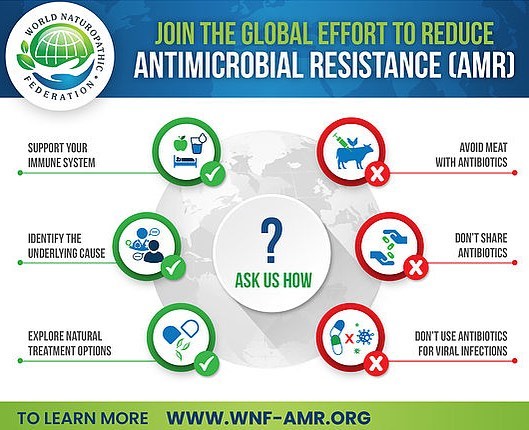
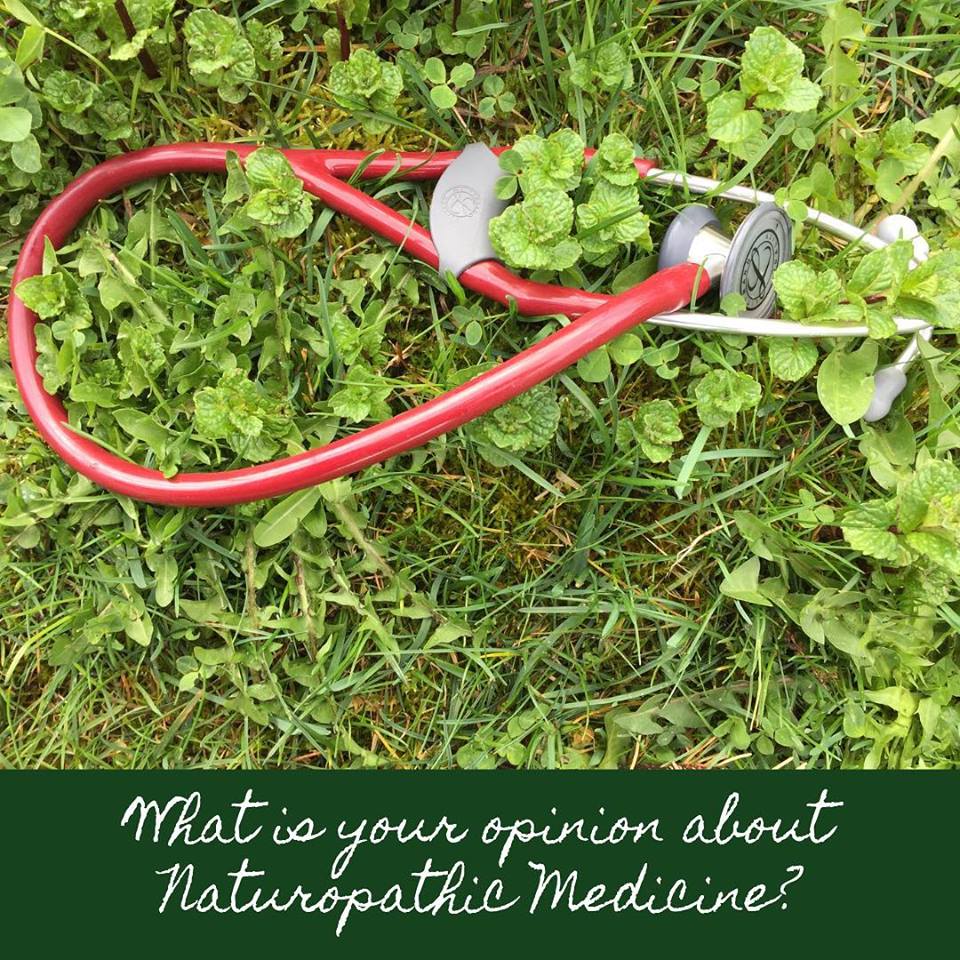
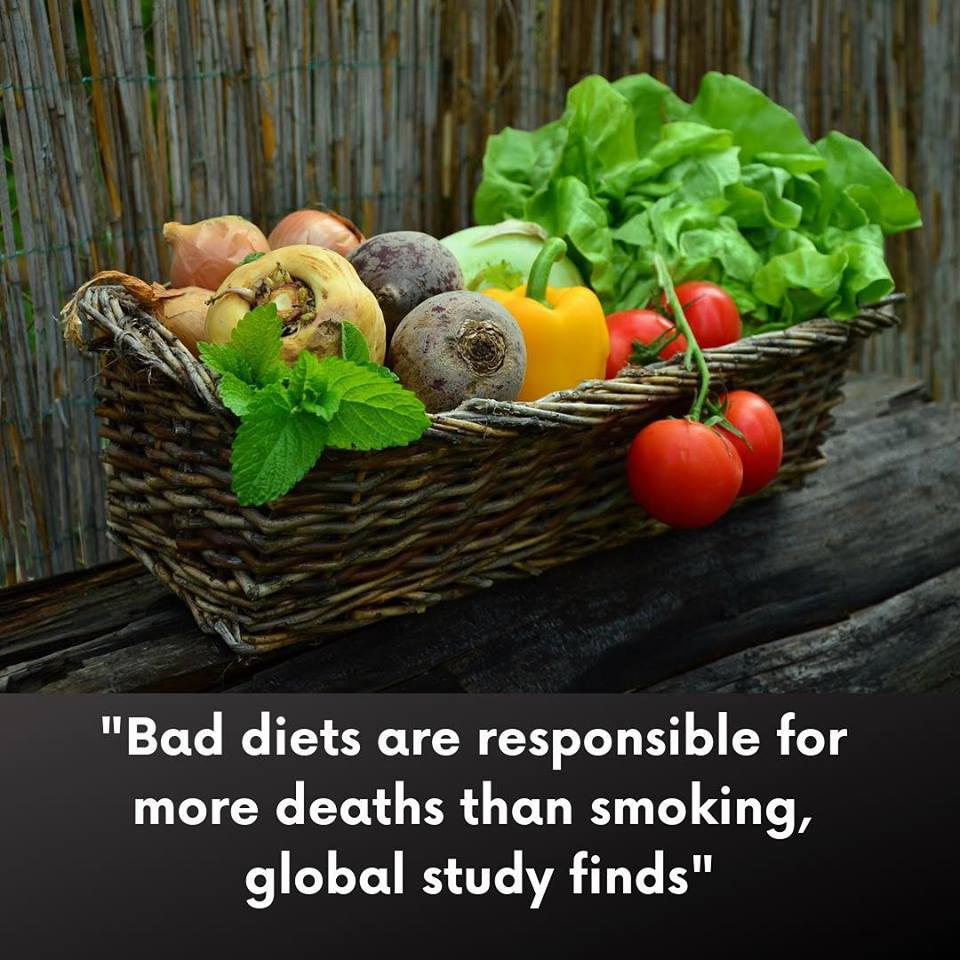

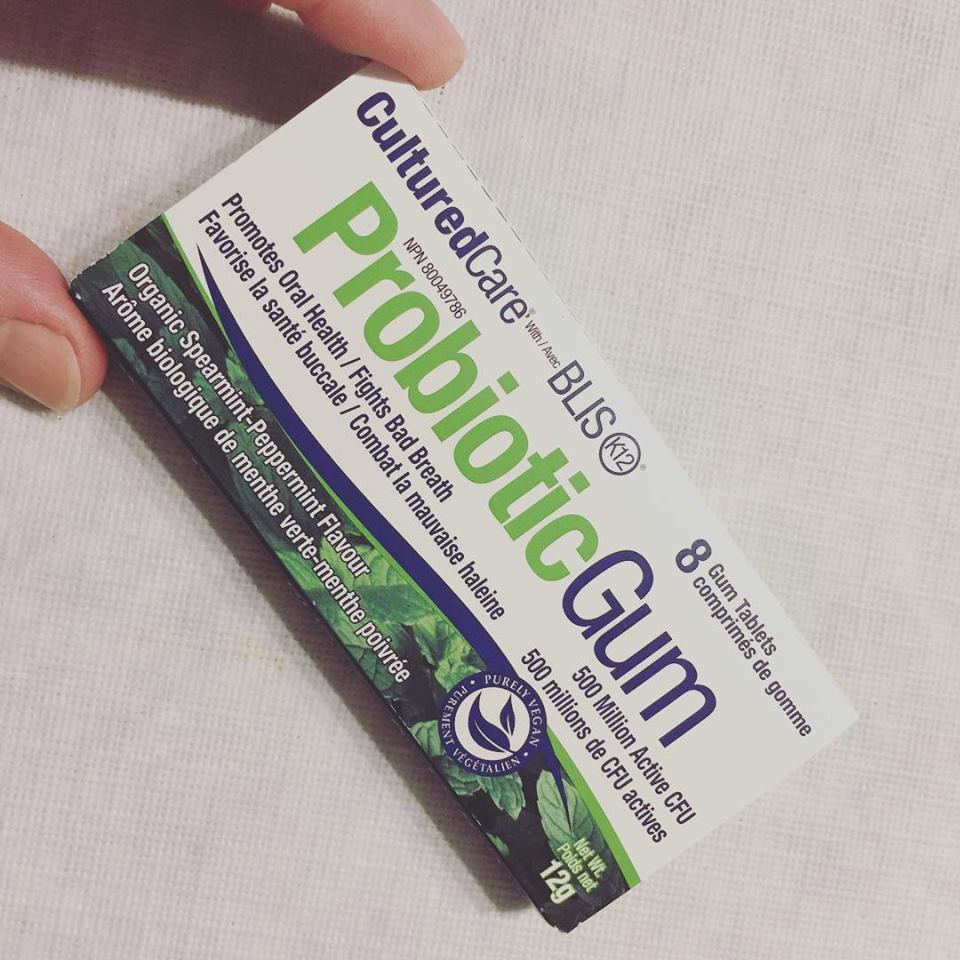
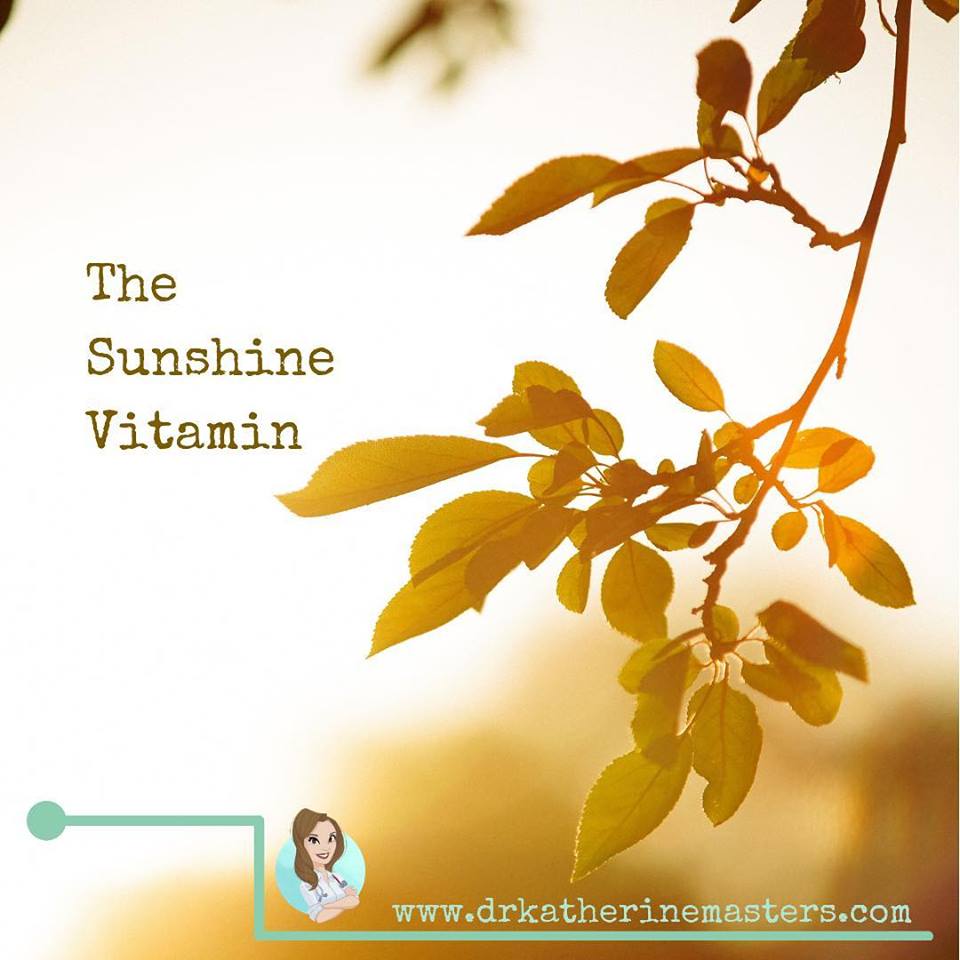
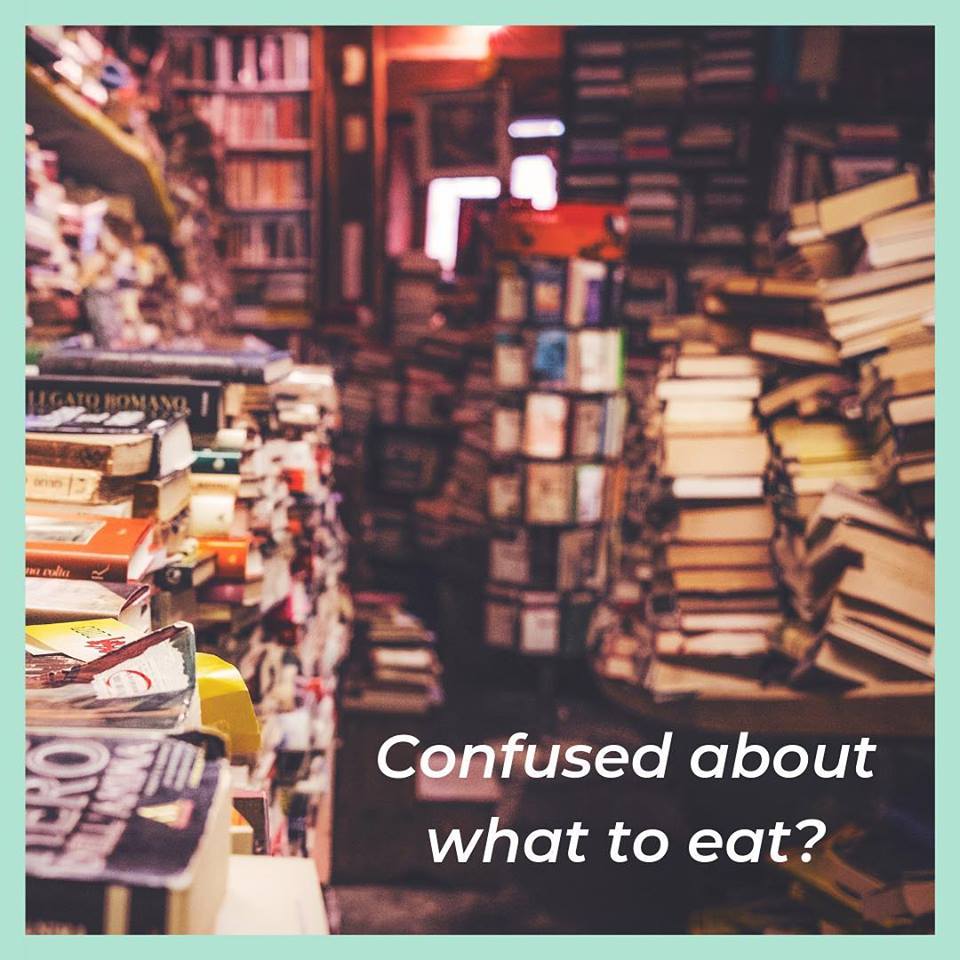
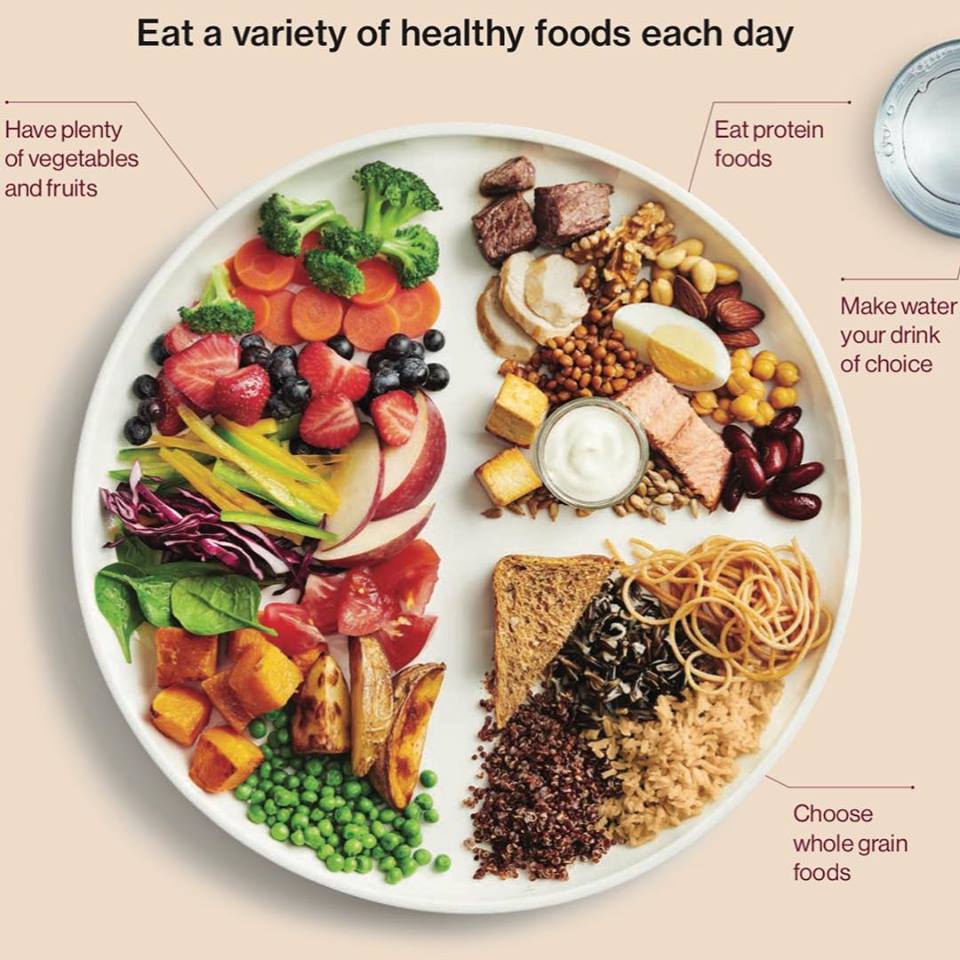
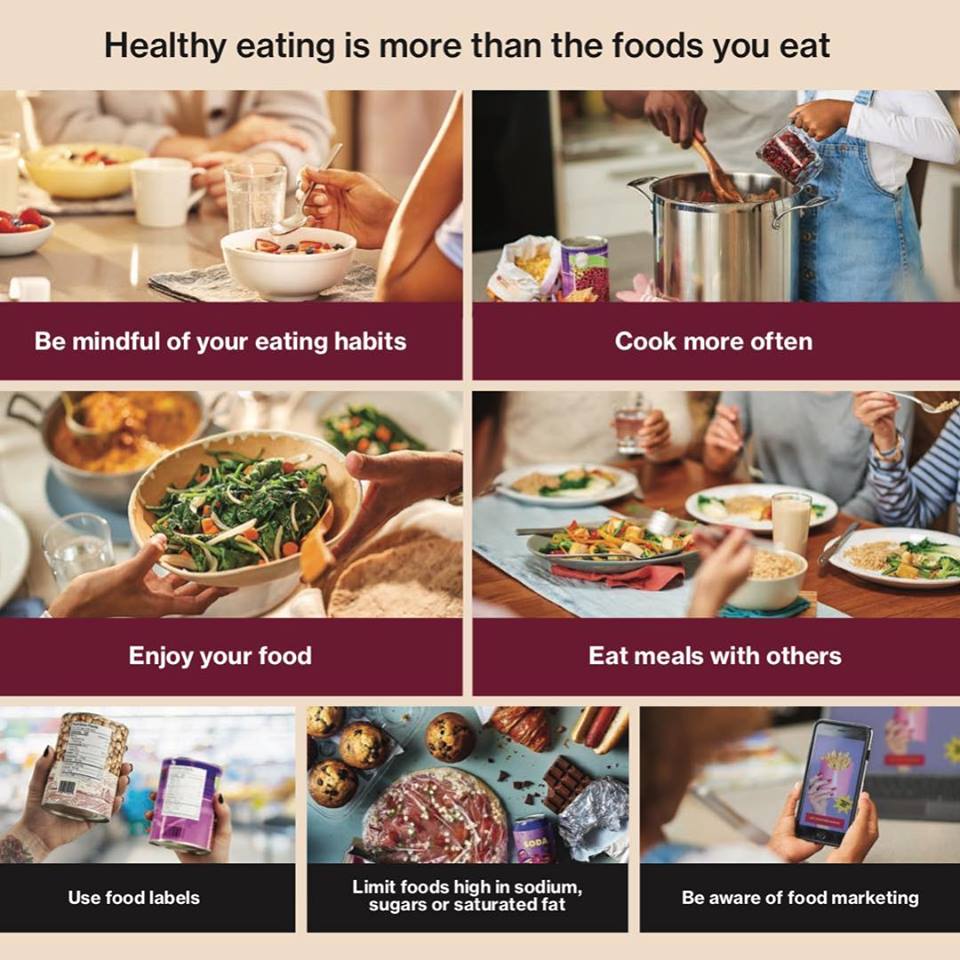

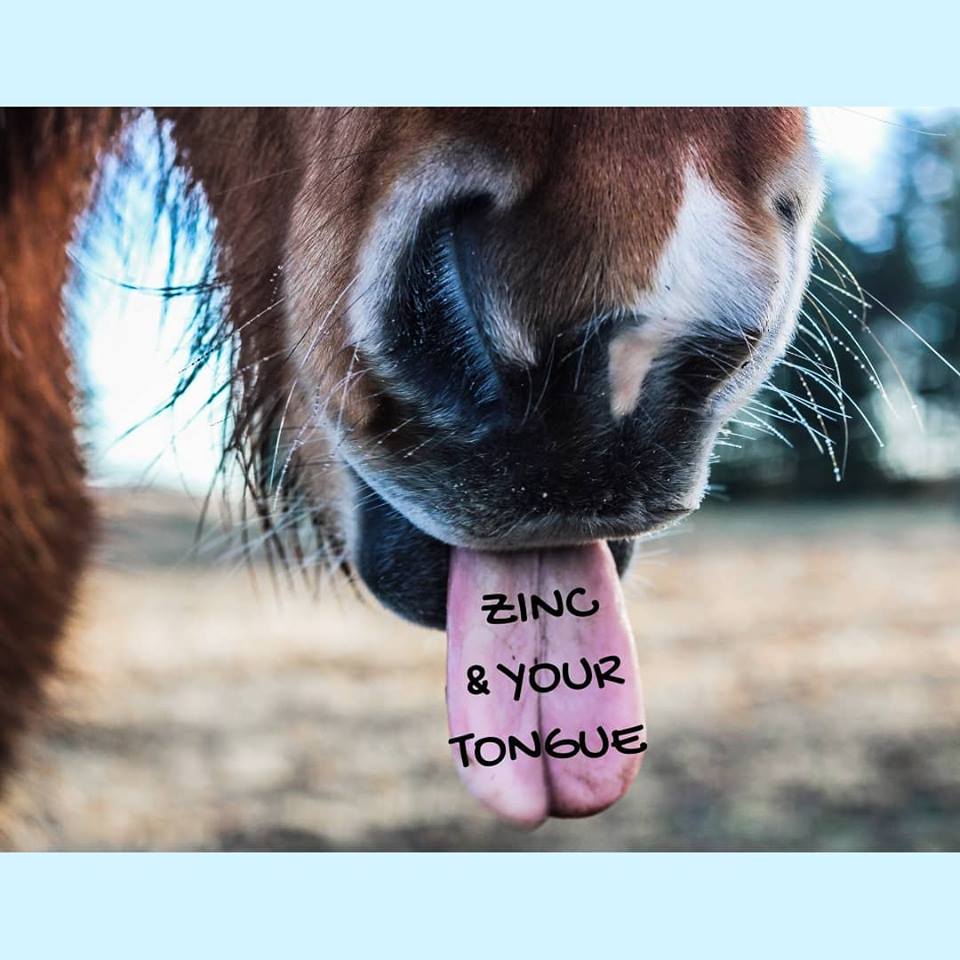

 RSS Feed
RSS Feed



